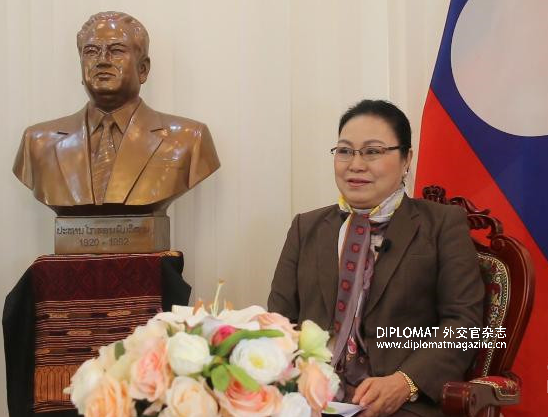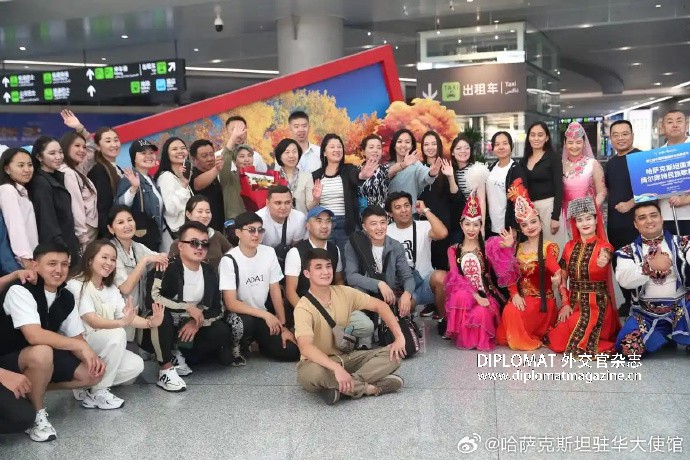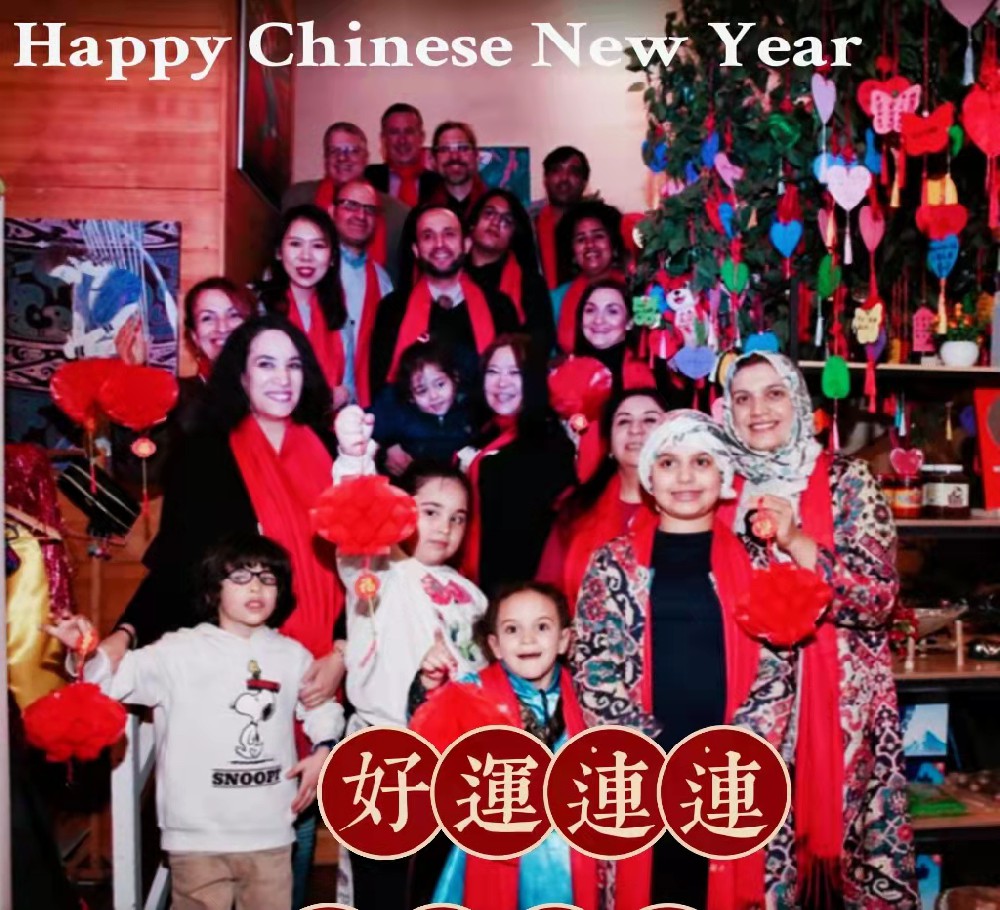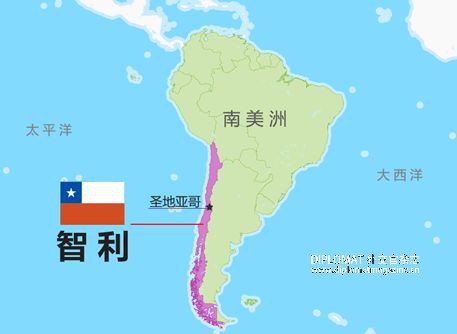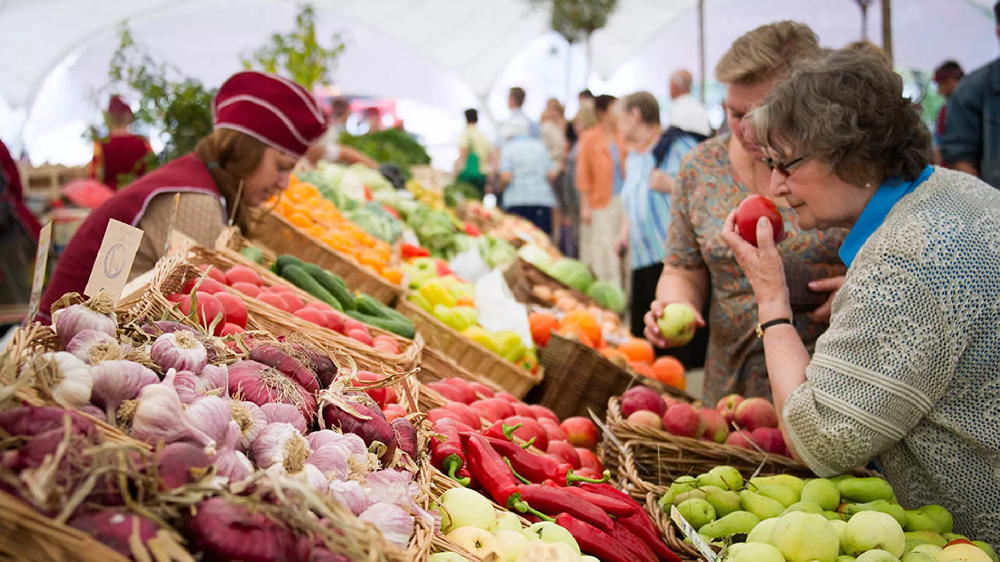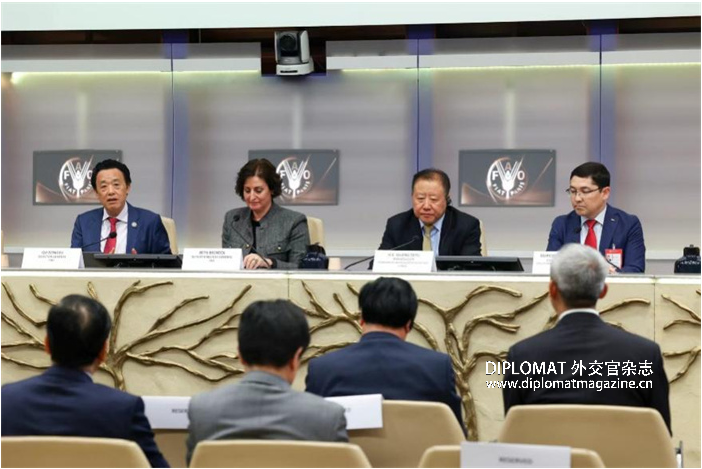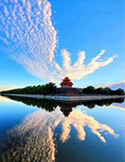导语:Speechby H.E. Mr. M. Fazlul Karim, Ambassador of Bangladesh at the Fifth DiplomaticCultural Festival 2014, Forbidden City, Beijing Excellencies, Ladies and Gentlemen, I feel privileged to address this august gatheringat a magnificent histo
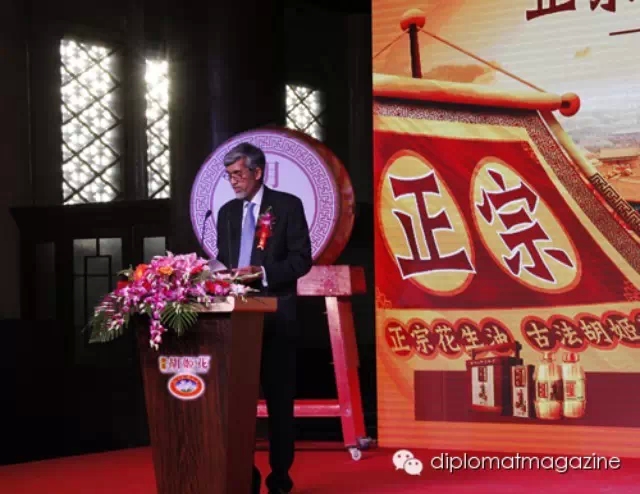
Excellencies,
Ladies and Gentlemen,
I feel privileged to address this august gatheringat a magnificent historic site, particularly on a substance that constitutesthe core element of our identity and tradition. Cultural heritage reflects thecreativity and adaptation skills of the human race with the ever evolvingsurroundings.
Living in a global village today, we canappreciate the beauty of our diverse culture. Each nation and community withits distinct cultural features represents a peerless piece of stone in themosaic of our universal cultural heritage. Throughout the human history, all ofus have sought to relentlessly enrich our individual cultures through sharingof experience and values and collaboration with other cultural entities. Suchcontinued interactions and exchanges among cultures over the years have hadimmense contribution in the promotion of inter-communal solidarity, mutualunderstanding and peace, as well as in the advancement of human civilization.
Ladies and Gentlemen,
Coming as I do from a country that formsa bridge between two regions in Asia, I can well appreciate the significance ofpromotion and preservation of cultural heritage. Bangladesh is a relatively newcountry in an ancient land. The civilization of present-day Bangladesh datesback over four millennia, to the copper age. The country is bestowed with a highly diversified cultural heritage.Numerous travelers of diverse cultural backgrounds passed through this land andmany of them even settled here. Such regular and intense interactions with peoplefrom various corners of the world have enabled us to continuously enrich ourculture and also to develop in our society a sense of inclusiveness andsolidarity vis-à-vis the others.
Artifacts of prehistoric people as wellas enormous monuments of recent history can be found in our land. Earliestremains come from Mahasthangar in the northern district of Bogra andWari-Batashar of Narshingdi district in the central part of the country. Theruins of Mahastanghar represent Pundanagar, the provincial capital establishedby the Mauryans in the 3rd century BC which was in flourishing stagein the succeeding periods of Guptas, Senas and the Muslims. The twin villageWari-Batashar has yielded artifacts of petrified wood of prehistoric era and avariety of objects like: water reservoirs, punched silver coins, and weapons.
The colossal monastery at Paharpur inthe northern Noagaon district is the second largest single monastery in southof the Himalayas which was established in the 8th century AD by thegreat Pala emperor Dharmapala. The Majestic 77-domed mosque and adjacent KhanJahan’s Tomb complex in south-western Bagherhat district and Lalbagh Fort andDhakeshwari Temple in Dhaka, Kantaji’s temple in northern Dinajpur district,Sona Mosque in northern Rangpur districts are the most notable of its kinds inBangladesh. These magnificent monuments and historical sites testify thethriving past of the Buddhist, Hindu and Muslim communities in this land. Iinvite you all to visit Bangladesh to enjoy the grandeur and beauty of allthese places.
Excellencies, Ladies& Gentlemen,
Among 488 enlisted national heritagesites in Bangladesh, the ruins of Buddhist Vihara at Paharpur and the historicmosque complex of Bagerhat have been declared as the World Heritage sites byUNESCO. Besides, few other sites like Halud Vihara, Jaggadala Vihara, LalbaghFort, Mahasthangarh and its environs, the Lalmai-Mainamati Group of Monumentsare included in the Tentative list of World Heritage.
The Government of Bangladesh with itslimited means has been trying to conserve all these historic sites and relics.Although Bangladeshi archeologists have by now acquired considerable knowledgeand expertise on conservation issues, but more research work is needed to findthe solutions that best suits our specific conservation needs. Internationalcooperation in this regard would be immensely useful. Let us share theresponsibilities, according to our capabilities, in the preservation andpromotion of our common heritage.
I admire the efforts of the Chinesegovernment in preserving the country’s archaeological heritage and promotingcultural exchanges among nations. I am confident that our two countries willbenefit immensely from further strengthening collaboration in the conservationof historic sites and artifacts.
I conclude by conveying my heartiestgratitude to the organizers of this wonderful event.
I thank you all.
女士们先生们:
能在这座宏大壮观的历史建筑中,向各位尊贵的来宾发表讲话,我感到十分荣幸。让这一切更有意义的是,我今天讲话的主题包括了我们身份认同和传统的核心。文化遗产反映了在不断进化的环境中人类的创造力和适应能力。
今天的世界是个地球村,身在其中,我们可以领略各种多样的文化。每个国家,每个社群都有其独特的文化特征,这些独特的文化特征是世界普遍文化中无与伦比的宝石。纵观整部人类历史,我们所有人都试图通过与其他文化交流的方式来丰富我们自己的文化。多年以来,这种不断增长的文化间的交流与互动对增加社群间凝固力,不同文化间的理解与和平以及整个人类文明的进步做出了巨大的不可磨灭贡献。
我的国家是亚洲两大区域沟通的桥梁,作为一个孟加拉国人,我能够非常好的理解文化遗产传播和保护的重要性。孟加拉是一块古老土地相对年轻的国家。现在的孟加拉国文化可以追溯大四千年前,直至青铜时代。高度多样化的文化遗产是对我们国家的馈赠。来自不同文化背景的旅行者来到我们这块土地,他们中的许多人选择在我们的国家定居。正是这些来自世界不同地方的人与我们国家我们文化间这种定期的,高强度的文化交流使我们的文化不断丰富,并在我们的社会中发展出一股凝聚力和认同感。
在我国家的土地上,不仅可以找到史前社会人们留下的手工制品,还有现代社会发展留下的痕迹。
这些宏伟的文化遗迹和历史遗址见证了这片土地上佛教、印度教和穆斯林辉煌的过去。我邀请你们所有人去孟加拉,体验上述所有历史文化遗迹的辉煌与美丽。



